6
EPISODE SIX : TUCSON
OUR STORYTELLERS
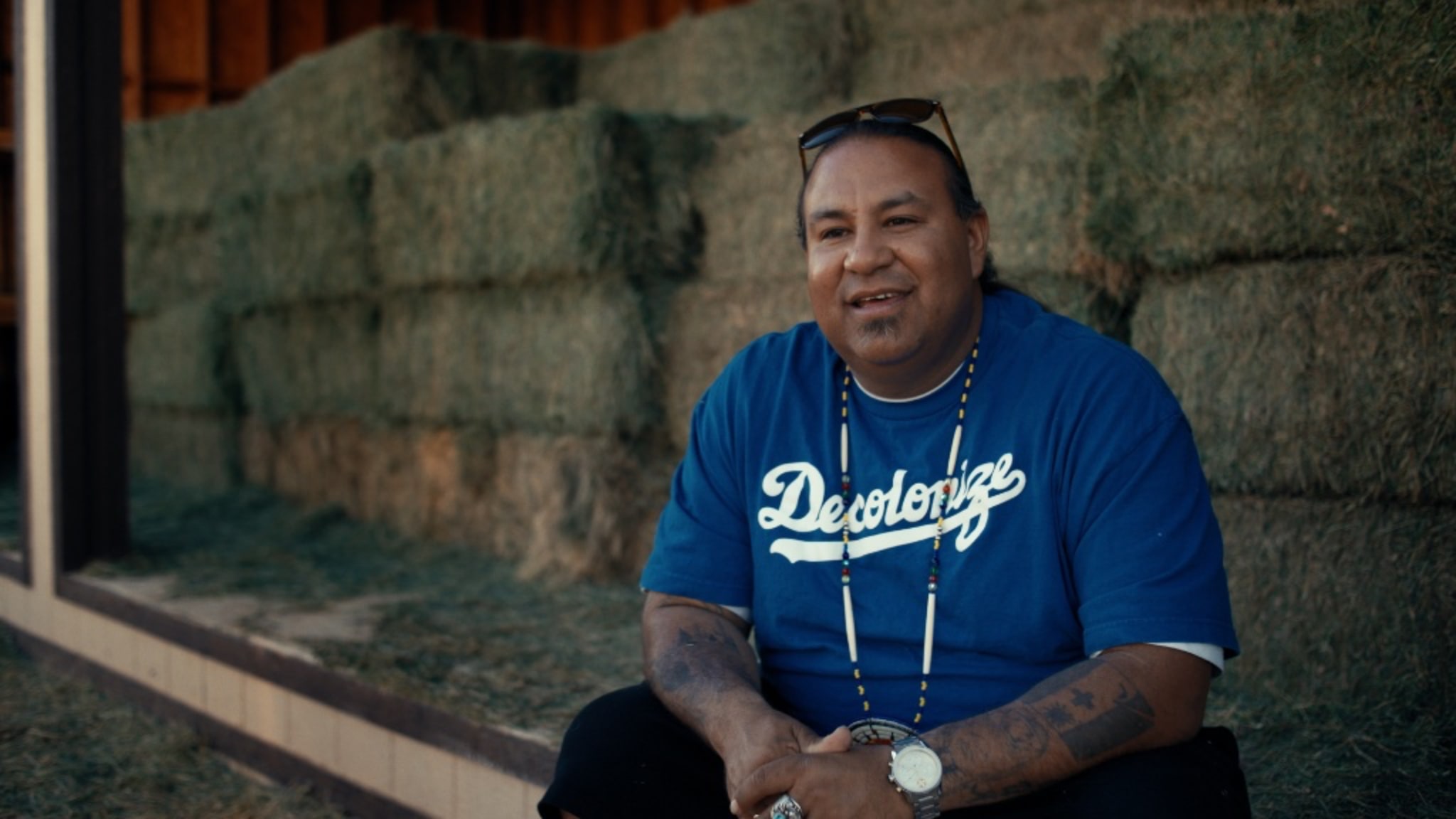
VINCE

JESSICA
CORN
vatchi
(Yaqui)
From the forested Eastern Woodlands of Turtle Island to the steep mountain slopes of the Andes, corn has played an essential role in supporting Indigenous societies, all while being deeply rooted in their creation stories and cosmologies.
First domesticated in the Mexican highlands nearly 9000 years ago, maize as an agricultural staple spread to Indigenous societies across the Americas over the following centuries, branching out into over 200 varieties.
Along the Yaqui River in the Sonoran Desert, the Yaqui people developed a variety that is tolerant to the hot, semi-arid environment called yoeme blue corn, known locally as vatchi.
According to a Yaqui creation story, the blackbird gave Man corn and the Toad showed Man how to grow it, allowing them to survive. To this day, some Yaqui people still bless the ground before they plant corn.
The kernels of yoeme blue corn are naturally hard and must be soaked in water, mesquite ash and lime, in a process called nixtamalization, before they can be used. It can be turned into masa flour to make staple foods like tortillas, hominy, tamales and corn cakes, known locally as napa nohim.
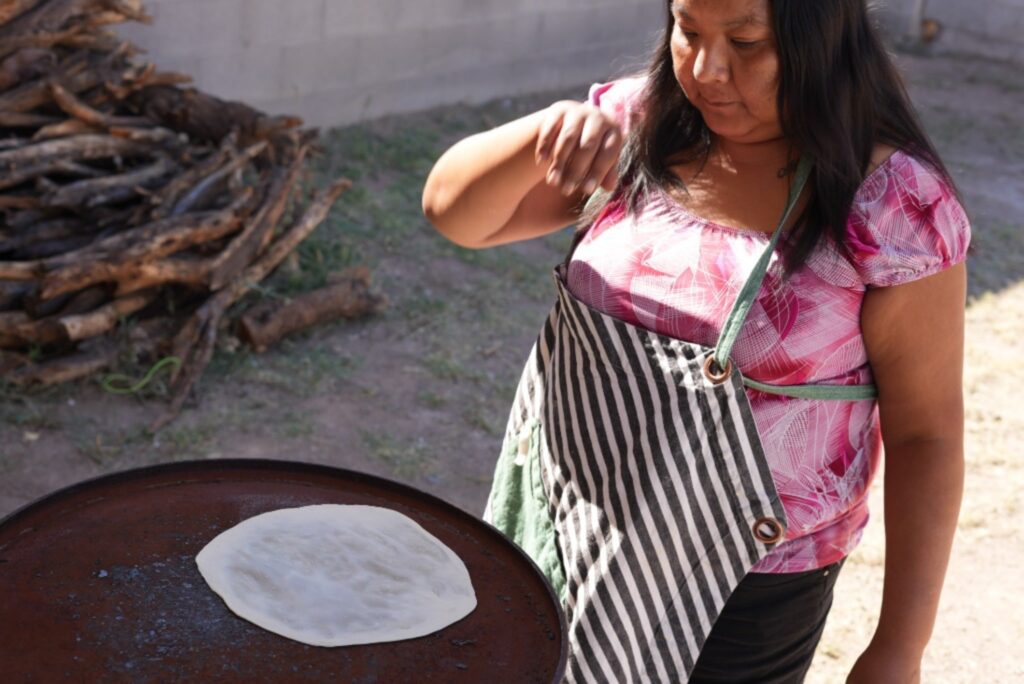
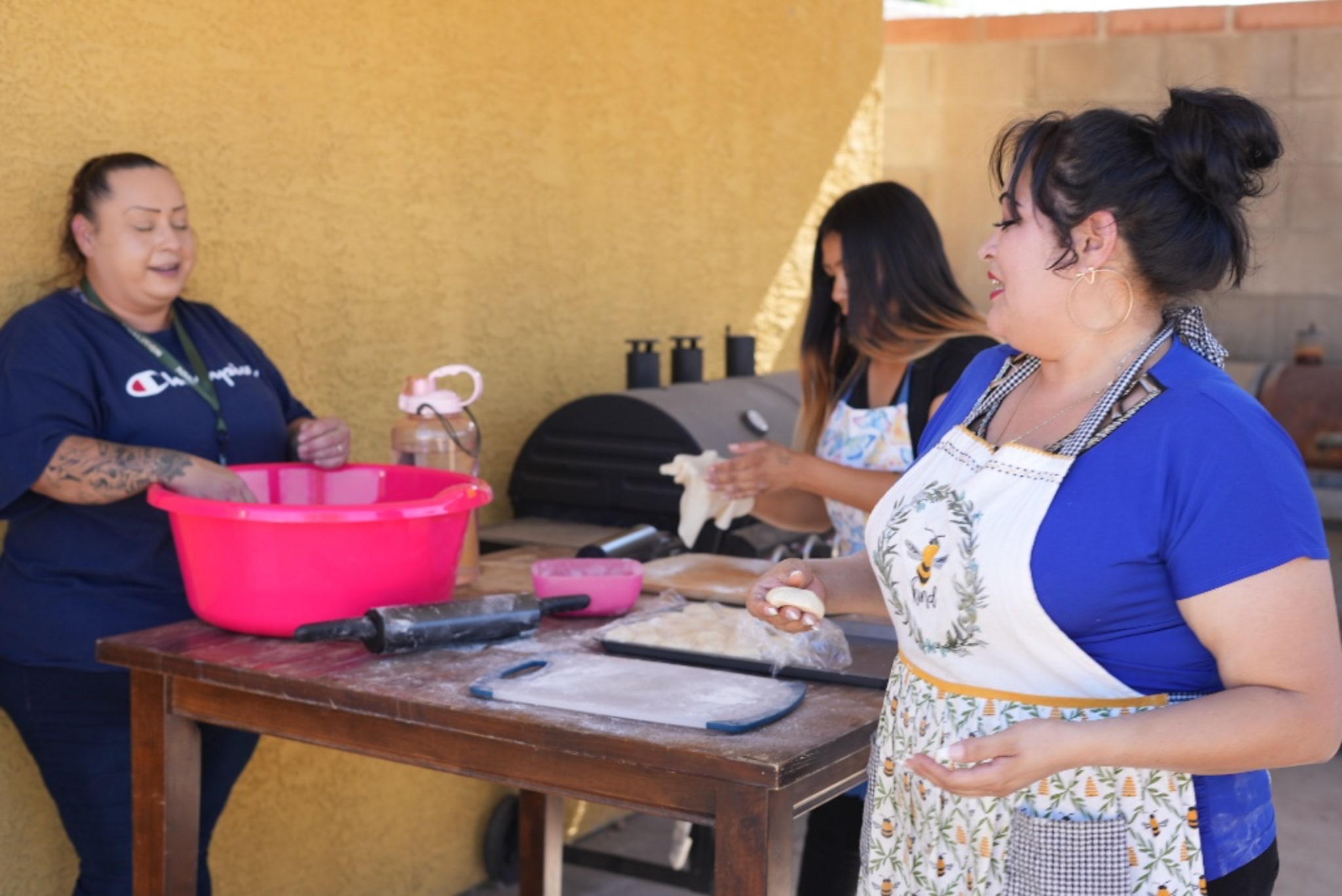
While maize has supported Indigenous lifeways for millennia, the advent of colonialism and the growth of industrialized agriculture reduced genetic diversity and displaced many of these ancestral varieties, with many going extinct.
Although yoeme blue corn was almost lost, in the 1980s a Yaqui woman shared a small collection of ancestral seeds and helped bring back the species from the brink of extinction. Today, several small-scale farmers in the Southwest have adopted the crop and continue to grow it.
But climate change has exacerbated droughts and heat waves in the Southwest, and the survival of yoeme blue corn has been threatened and continues to put traditional Indigenous foodways at risk.
Even in the face of these challenges, many Indigenous people in the Southwest continue to resist the systemic and colonial destruction of their ancestral foodways by returning to the crops that have supported them for millennia.
By reclaiming traditional land stewardship and agricultural practices, Indigenous communities are regaining control of their food sovereignty and reconnecting with the land and the Creator.
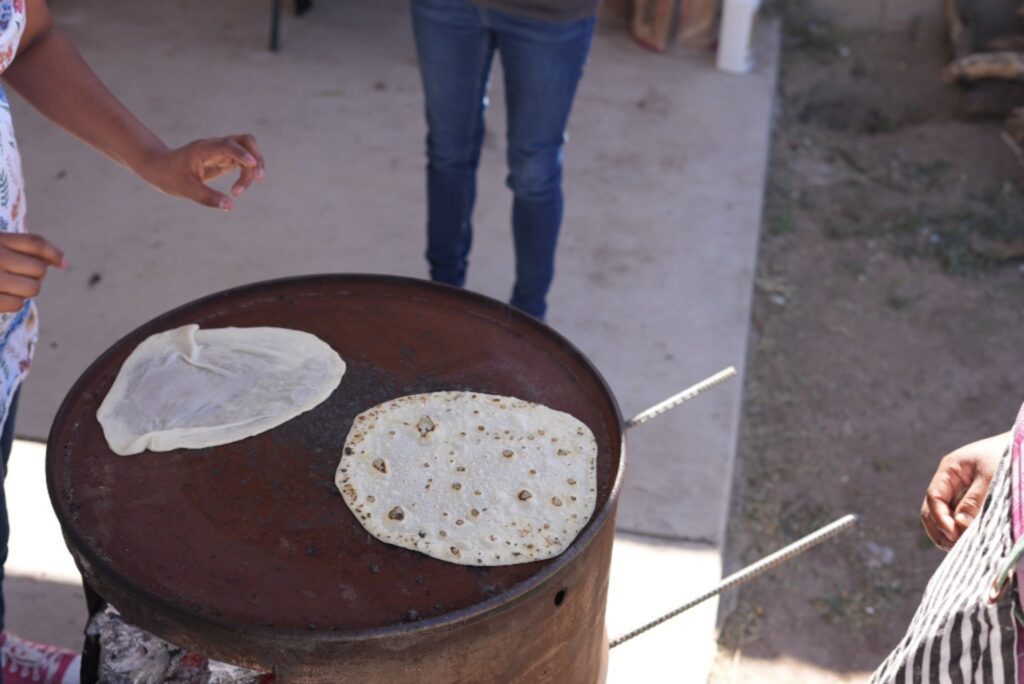
CONTACT US
Have a story about your own little big community?
Reach out and let us know! We would love to help you tell it.
